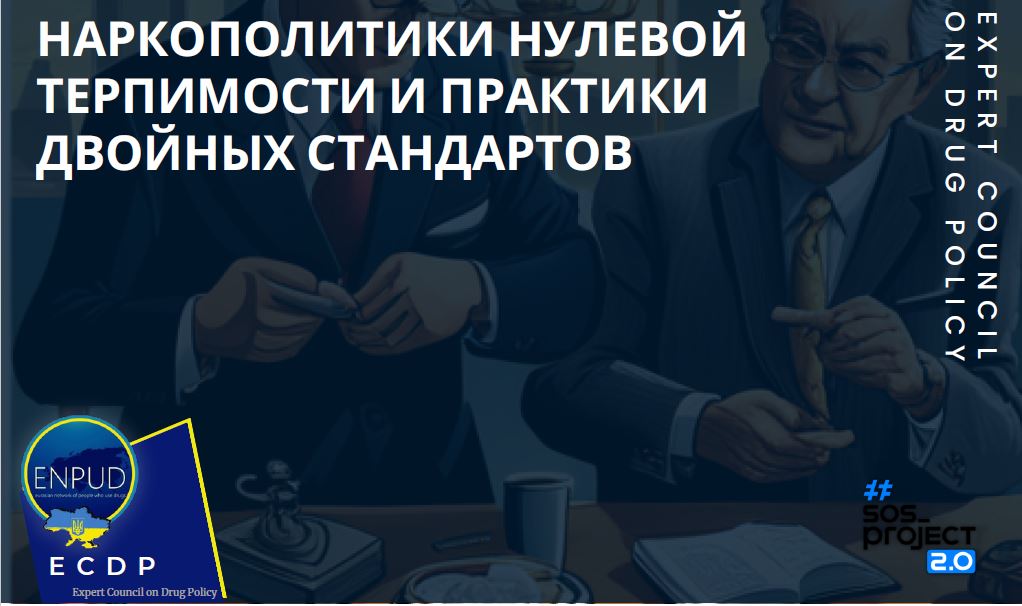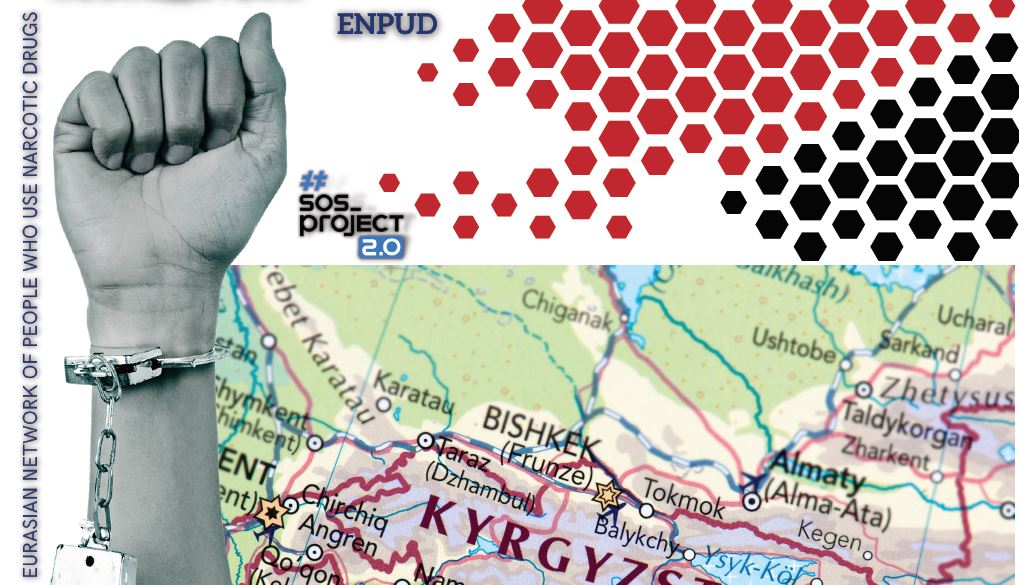In 2023, ENPUD’s Expert Council on Drug Policy started documenting strategic cases among people who inject drugs in Eastern Europe and Central Asia. In Kazakhstan, 3 strategic cases were documented. Based on the collected evidence, ENPUD experts prepared an analytical document on drug policy trends in the country.
Zero tolerance policy and double standards practice, this is all you need to know about the fight against drug trafficking in Kazakhstan. To say that there is outright repression of drug addicts here is to say nothing. The dictatorial system can only prohibit everything and limit people’s rights and freedoms in every possible way, what to say about people who use drugs?
In Kazakhstan, “drug addiction” is a stigma, with which it is almost impossible for a person to fully socialize in a normal society, because this label will constantly hang behind the back, highlighted in all electronic databases, even after the official deregistration. Such a person is in a constant atmosphere of distrust and violation of rights, he can be taken for examination for no other reason than the
He or she is denied access to the civil service and many other official places, including representative bodies, as this fact is often used by the authorities as criminalization and banal compromise. These facts of marginalization are confirmed by health professionals, publications in the media, as well as by the testimonies of people who are registered as drug users.



